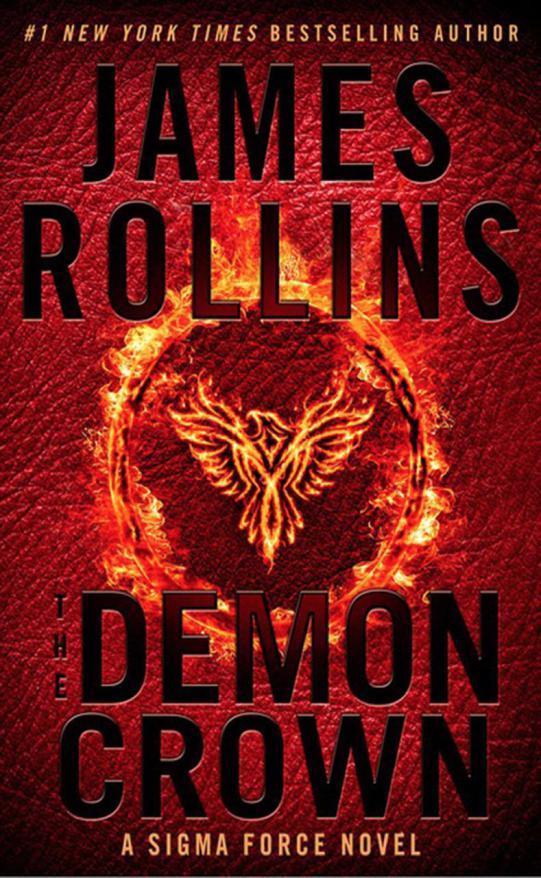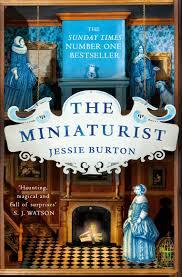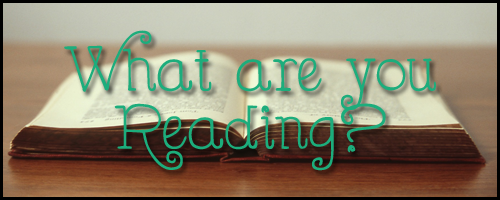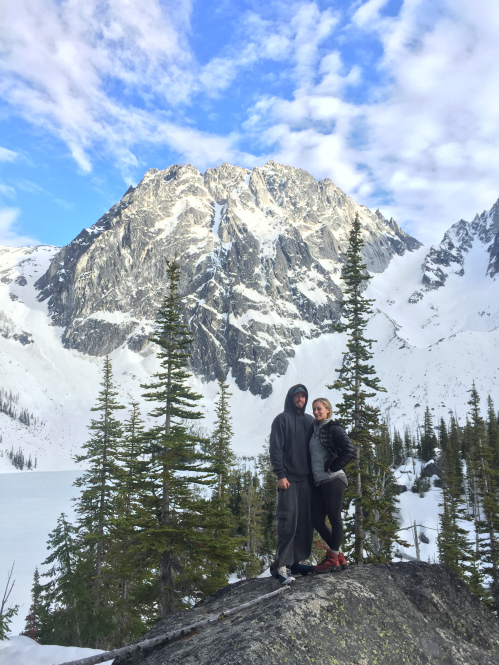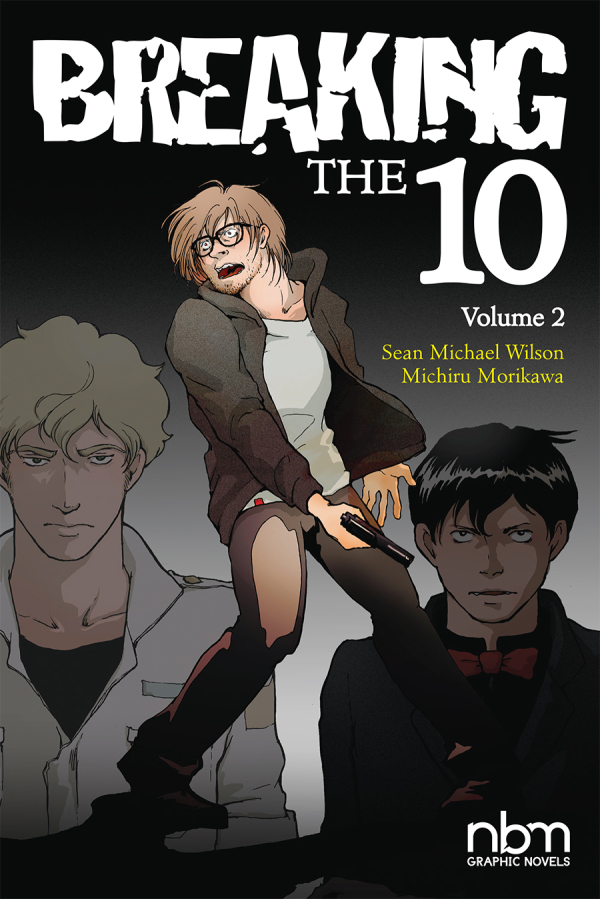This graphic novel is a portal into the not so distant past, a place where segregation of skin colour was normal, where people of colour couldn’t go to the same bathrooms as others or be served in the same restaurant. It’s also the first comic book narrative that I know of penned by an American Congressman – John Lewis. He has taken and successfully utilised the comic book medium to tell not just his story, his initial steps into politics and social justice, but the story of a revolution in America.
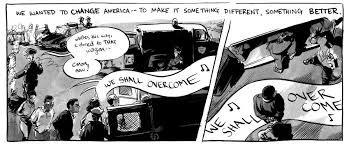
Make no mistake this is a powerful look at a turbulent and chaotic time in modern history, elements of it had myself, an Northern Irish lad, separated by time and distance from these events, weeping. I wept for the injustice and the hatred that my fellow human beings suffered through.

The story is told in an interesting method, beginning with the Selma to Montgomery March in 1965, where those demonstrating in a peaceful manner were met with savage attacks by the police, this does set the tone of the book. We then fast forward to the momentous (and happy) occasion of the 2009 inauguration, bringing a form of contrast to the opening narrative. We occasionally revisit this time period between historical anecdotes and scenes of hardship, and this helps the narrative tonally, we do go down a dark tunnel of a period in human history, we observe terrible events but with always a shining light at the end.

This book serves as a fantastic biography, we observe Lewis’s childhood in Tennessee and the events in his life that led him to join the civil rights movement. It’s the event’s related through childhood which resonate especially well here, we get up close and personal with John Lewis, the pace slower, more introspective. As Lewis ages, he meets Dr Martin Luther King and we see scenes deftly explaining the non violent resistance practised.
This is a tremendous work of historical notation and biographical prowess. It opened my eyes to a period of history which was not ever discussed in my schools or really present in the television documentaries broadcast in Ireland – this was an education.
Advertisements Share this: